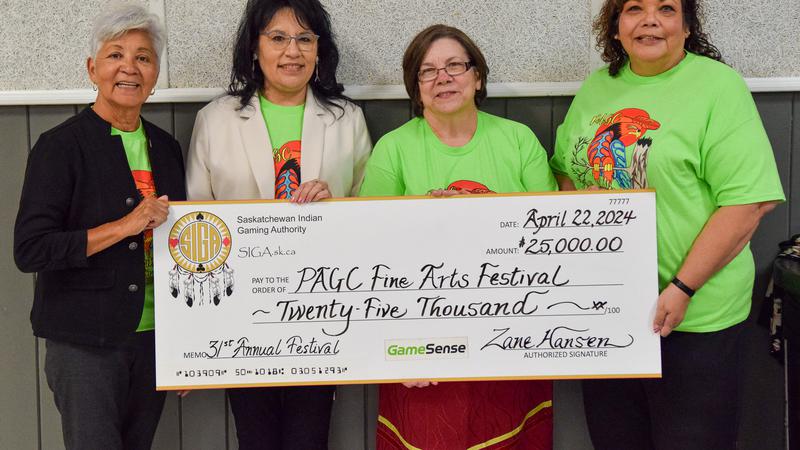Yukon alcohol label study will no longer include warnings of cancer link
WHITEHORSE — A study on alcohol warning labels in Yukon is moving ahead, albeit with some major revisions after the liquor industry raised concerns about the research.
Last November, large, colourful labels were affixed to all alcohol bottles and cans inside a Whitehorse liquor store as part of a federally funded study.
One label warned consumers that alcohol can cause cancer, while another informed people about the recommended maximum number of drinks per day.
Four weeks after the study began, the Yukon Liquor Corp. decided to halt the research after hearing concerns from national alcohol organizations that raised questions about defamation and whether the territorial government had authority to place the warnings.


